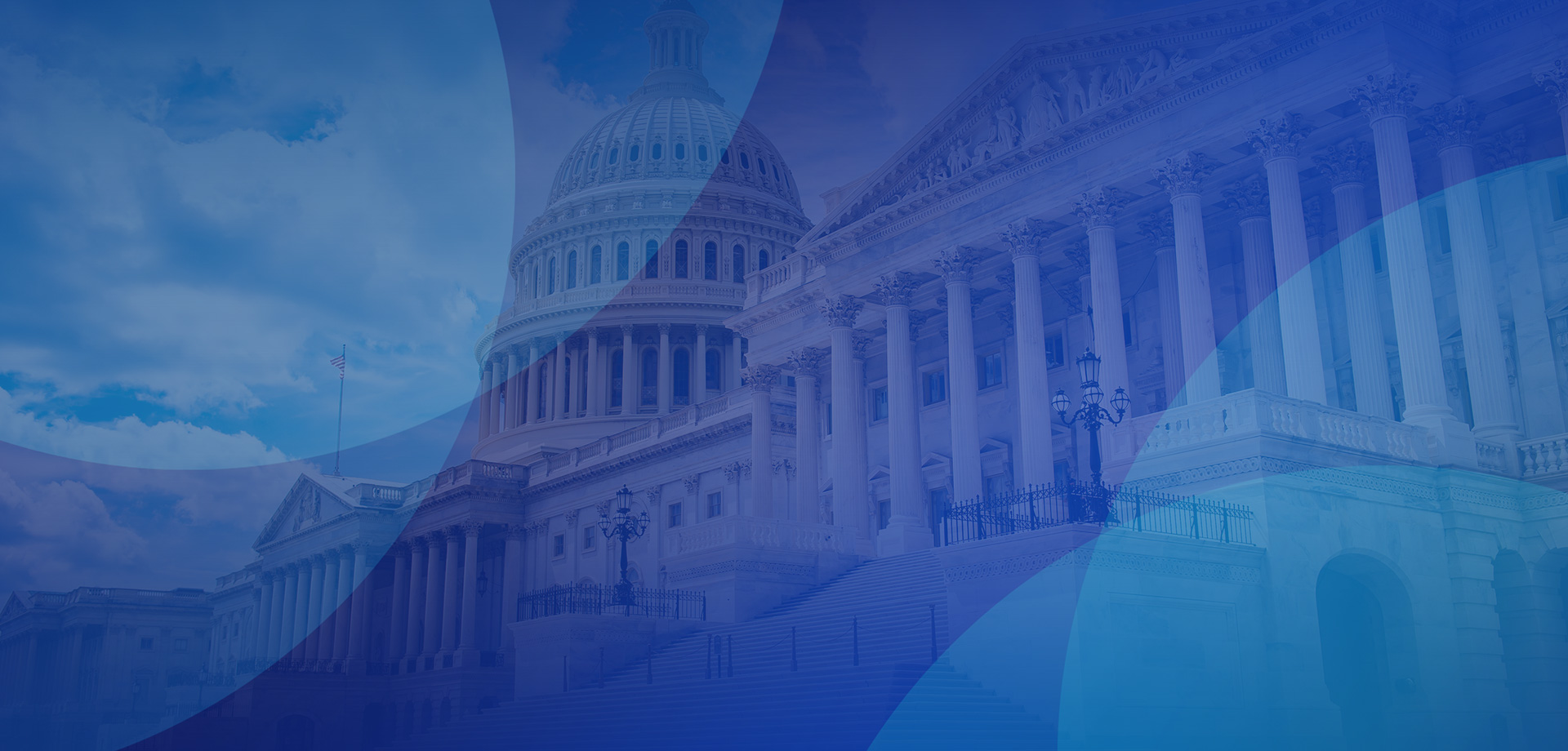After a creditor sues you for nonpayment of a debt, you will have an opportunity to respond. If you do not default, then your case will go through discovery, settlement conferences, summary judgement, and maybe even a trial. Here’s what you can likely expect during a creditor lawsuit.
Notices for Proceedings
The first thing you can likely expect after responding to a creditor lawsuit is a series of notices detailing the coming proceedings. Make sure you notify the plaintiff if you’ve had a recent change in address so that you receive all notices.
If your case is a routine debt collection, you will probably be getting a notice with the date of your settlement conference and then another one for your trial date.
If it is not a routine case, or the creditor and their attorney are trying to overwhelm you with litigation, then you will almost certainly need the help of an attorney yourself.
Summary of the Proceedings
Below, we will give a brief summary of the proceedings you could expect to go through from discovery to trial.
- Discovery – Discovery is what we call the formal procedure of obtaining information from the opposite party in a civil suit. If you have filed a counterclaim or raised a strong affirmative defense, your case may benefit from the discovery process. There are a variety of tools available during discovery for obtaining information, including subpoenas, depositions, inspections, interrogatories, and more. Make sure that all discovery requests sent to you are appropriately answered within the allowed time.
- Summary Judgement – If the creditor feels that it has enough evidence to convince a judge to agree to a summary judgement, your case may never go to trial. A summary judgement can be issued if the creditor proves that there is nothing to really dispute. For example, you signed a loan agreement and never made payments. You probably won’t have much of a defense, which could persuade the judge to issue a summary judgement ordering you to repay the loan.
- Settlement Conference – Prior to the trial, you may be required to attend a settlement conference with representatives of the creditor. In this meeting, you and the plaintiff may discuss possible settlements in order to avoid a trial.
- Trial – Most of these types of cases never see a courtroom, but that doesn’t mean it never happens. If no settlement is reached, and discovery ends, then a trial will be held.
Throughout Washington D.C. and Maryland, the Law Firm of Kevin D. Judd helps people find relief from debt related issues.

